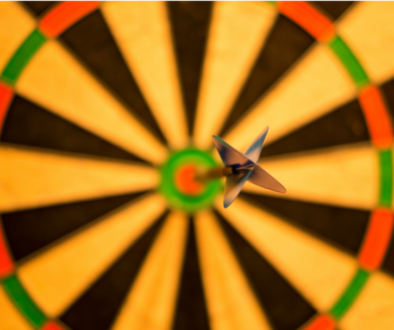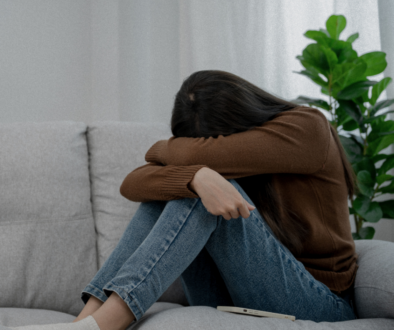Want Healthy Habits? Don’t Forget to Treat Yo’ Self!
One of the most important habit formation strategies you can adopt is from Gretchen Rubin’s book Better Than Before. It’s the strategy of TREATS. Rubin explains that treats differ from rewards because rewards have to be justified and treats are little indulgences that you get no matter what.
What’s the problem with rewards?
 In Drive: The Surprising Truth About What Motivates Us, Daniel H. Pink calls the carrot and stick method (reward and punishment) Motivation 2.0. Motivation 2.0 works, but only for tedious tasks. Bribing yourself to exercise, eat healthy, or grow professionally will backfire. For these goals, you need intrinsic motivation or Motivation 3.0. One key element of Motivation 3.0 is PURPOSE. Remembering why you started will keep you going more than the promise of a reward.
In Drive: The Surprising Truth About What Motivates Us, Daniel H. Pink calls the carrot and stick method (reward and punishment) Motivation 2.0. Motivation 2.0 works, but only for tedious tasks. Bribing yourself to exercise, eat healthy, or grow professionally will backfire. For these goals, you need intrinsic motivation or Motivation 3.0. One key element of Motivation 3.0 is PURPOSE. Remembering why you started will keep you going more than the promise of a reward.
But the brain needs a reward to solidify a habit.
In The Power of Habit, Charles Duhigg explains the science of habit formation with the habit loop: CUE, ROUTINE, and REWARD. For example, you get up every morning (cue) and make coffee (routine) and you get a cup of fresh, hot coffee (reward). Here, the reward is inherent to the activity and it’s what seals the deal. You brain wants that reward and it will make it easy for you to get up and make coffee without question or decision by making it a habit.
How does this apply to the habit of exercise?
Exercise is tough habit to form because the inherent rewards of exercise are not immediate. If you’ve ever checked your abs in the mirror after one set of crunches or weighed yourself after a workout, you know that it doesn’t work that way. The habit loop isn’t closed in one session. You have to stick with it long enough to see and feel the benefits. And that’s the challenge. You might try to create the reward for yourself by indulging in unhealthy foods after a workout with the justification of “I earned this.” Or you might go completely off the rails Friday through Sunday thinking “it’s the weekend.” But as Kelly McGonigal writes in Willpower Instinct, even though we think we deserve a reward, it’s the reward that’s actually sabotaging our success.
http://gph.is/13GEin6
How do treats help?
Forming the habits of eating healthy and going to the gym take willpower. Exerting willpower is exhausting. Do you make good decisions around food and exercise when you’re exhausted? You need to rejuvenate yourself and replenish your willpower supply so you have the energy to maintain your habits and reach your goals. Treating yourself is an important part of your rejuvenating self-care routine. Some of my favorite treats are pizza, movies, and massages. I have realized that I don’t have to earn pizza, I don’t have to wait until everything is crossed off my to-do list to relax and watch a movie, and I don’t have to deserve a massage. I enjoy my treats guilt-free because as McGonigal points out, guilt leads to seeking comfort from food or from other bad habits. And that in counterproductive to reaching my goals.
How do you treat yo’ self?
Alicia Cross is a Certified Personal Trainer, Wellness Coach, and Yoga Instructor with more than 15 years’ experience working with clients in classes and one-on-one. She is a yogi, meditator, vegan, and lifter of heavy things. If you’re ready to discover the strength and peace that comes from within, email Alicia@AliciaCrossTraining.com.
Related Posts:
What Drives You? Intrinsic Versus Extrinsic Motivation
Five Cues to Trigger the Exercise Habit
7 Habits to Start Creating Right Now



